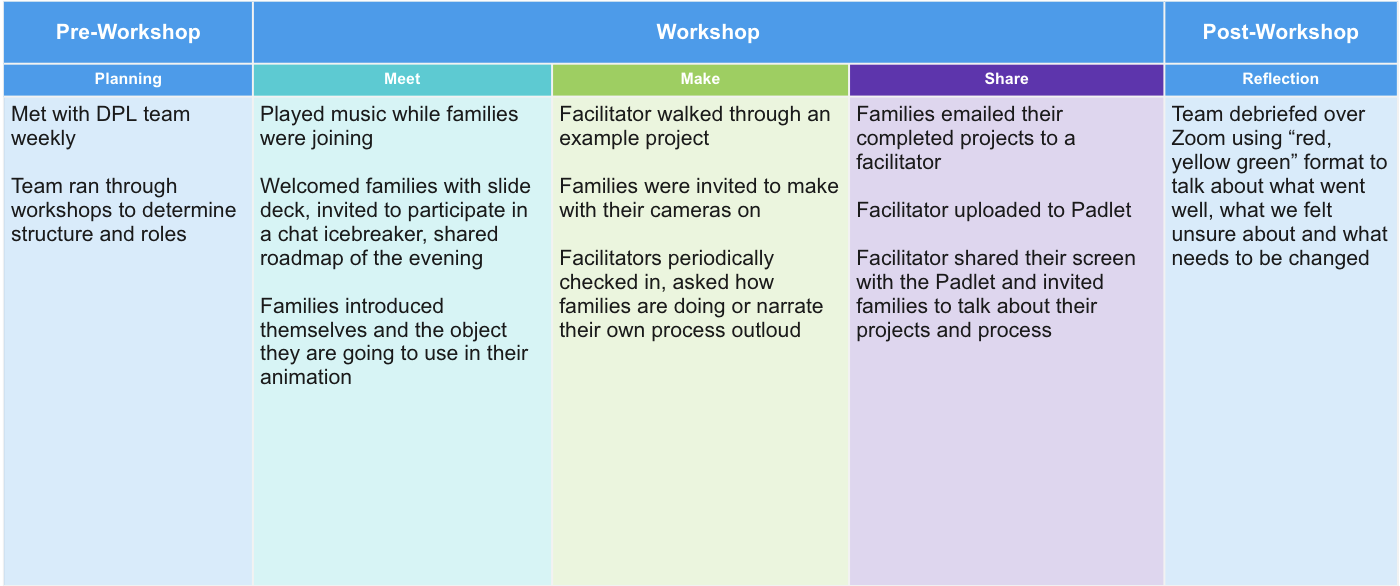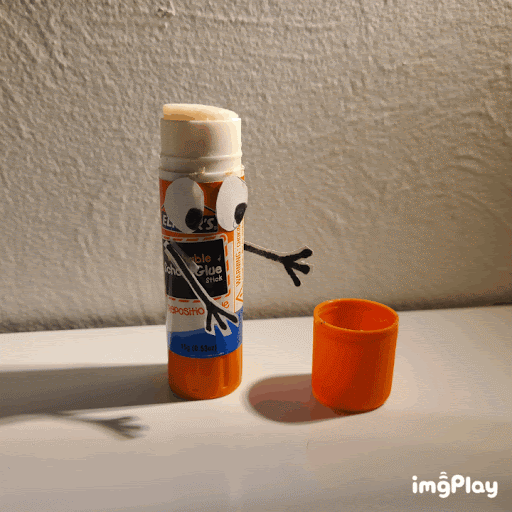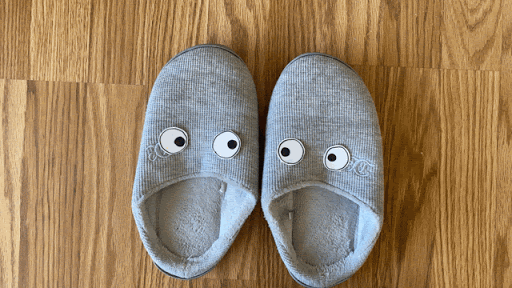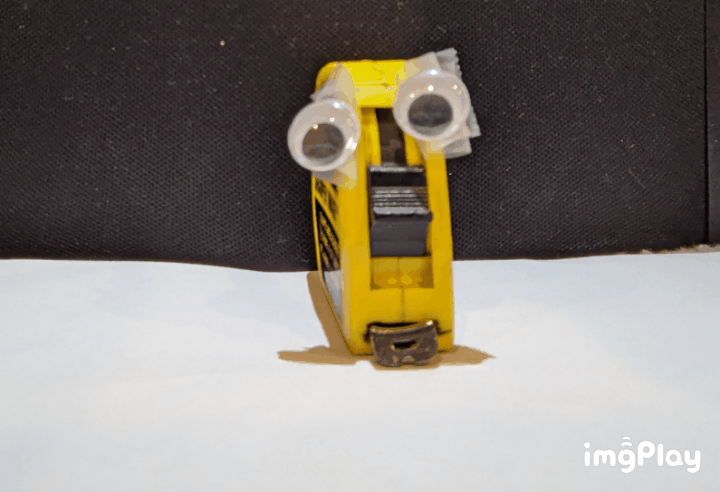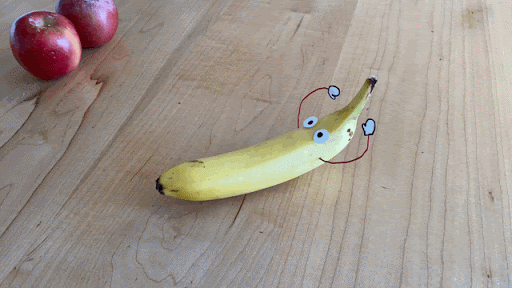In February our group facilitated a series of remote workshops in collaboration with the ideaLAB team at the Denver Public Library. Together, this was our first attempt to design an online family learning experience. For inspiration, we built on what we learned from the Family Creative Learning (FCL) program with a focus on joy, playfulness, and relationships. In a typical FCL experience, each workshop is split into four parts: Eat, Meet, Make, and Share. During “Eat,” families and facilitators share meals from a local restaurant. Eating together families to engage with something they are familiar with- eating a meal- before diving into a new activity with technology. During “Meet”, parents and children split up, giving parents a time to connect with other parents, and children time to get to know each other. During “Make,” families create projects using the Scratch programming environment and the Makey Makey invention kit, building on their knowledge of these tools across four workshops. Finally during “Share,” families are able to learn from each other’s work, asking questions and explaining their processes to each other.
Design Considerations for a Remote Experience
Knowing that families were spending more time online because of the pandemic, we decided to keep our online workshop to one hour and shift the original FCL format considerably. Starting simply, we decided to remove the “Eat” portion from these workshops, avoiding the logistics of delivering food and the need to lengthen the amount of time spent online. During Meet, parents and children typically split up into different rooms. In an online format, we knew this would not be possible since we could not physically separate families. Instead, we focused on providing a time for families to get to know each other at the beginning of the workshop with different ice breakers. The rest of the workshop was spent on Make and Share, designing activities that felt personally meaningful and allowed participants to choose materials and a direction for their projects that was exciting to them.
In total we designed four workshops, two in English and two in Spanish to reach a broader audience of Denver Public Library patrons. These workshops were based around the theme “Make it Move.” This theme was inspired by our work with the Tinkering Studio team at the Exploratorium and the Lifelong Kindergarten group at MIT, who we are collaborating with on a new “Facilitating Computational Tinkering” project. Within this theme, families made two frame stop motion animations that showed everyday objects coming to life as well as Scratch animation projects. Each of these activities will be described in more detail in a separate blog post!
General workshop planning and structure
Facilitating “Meet” in an Online Workshop Setting
First slide from our presentation from workshop 1
We wanted to create a welcoming and low stakes atmosphere as families joined the workshops and to ensure that participants were comfortable asking for help along the way. Here are some of the things we implemented:
Played music as families joined to create a fun atmosphere
Welcomed families via chat with icebreaker questions such as “What is your favorite thing to do together as a family”
Highlighted a specific facilitator that could be messaged directly for tech help
“Making” Together, While Distanced
During make we aimed for the feeling of making together at a big table, despite all being distanced from each other. During this time we:
Had one facilitator manage the chat- bringing questions to the attention of other facilitators who were presenting, sending relevant links etc.
Had additional facilitators making projects side by side with families, participating in the icebreakers and sharing their projects during “Share”
Periodically asked families how they were doing, what they were exploring or if they felt stuck
Supporting Families to See their Spaces as Studios
We also wanted to encourage families to see their spaces as studios: seeing everyday materials and meaningful objects as materials. For example, at the start of our workshops, families went on scavenger hunts around their homes to find materials to use. We then had families introduce themselves with their objects, allowing them to get to know each other and each other's spaces. This activity allowed us to hear from both parents and children as well as hear a bit about a toy or knick knack that was meaningful to them. These sharing times also allowed families to hear about others’ ideas, potentially sparking inspiration for families who may feel stuck.
“Sharing” Projects at the End of the Workshop
Padlet used to share out gifs from each family! Names removed to maintain anonymity
The “Share” portion of a typical Family Creative Learning workshop is an important time for families to share their process, ask each other questions and be celebrated for their work. In our online workshops we utilized the platform Padlet for families to share their projects. We concluded our workshop by sharing the Padlet via screen share on Zoom and having a facilitator call on families to talk about their projects- what was their idea and how it evolved, what was challenging, what went well etc. During this time we saw a lot of children squirming with excitement to share their projects, celebrating when it was finally their time to share. We also saw some children that were too nervous or shy to share, who chose to talk through their parents about their process. At the conclusion of the workshop we encouraged families to sign up to talk with us about their experiences to receive a gift card, and to sign up for the second workshop later in the month.
Read Part 2 of this blog series with more detail about how we designed our stop-motion workshop here!
and Part 3 about our Scratch workshop here!
This material is based upon work supported by the National Science Foundation under Grant No. 2005764 and 190835.

